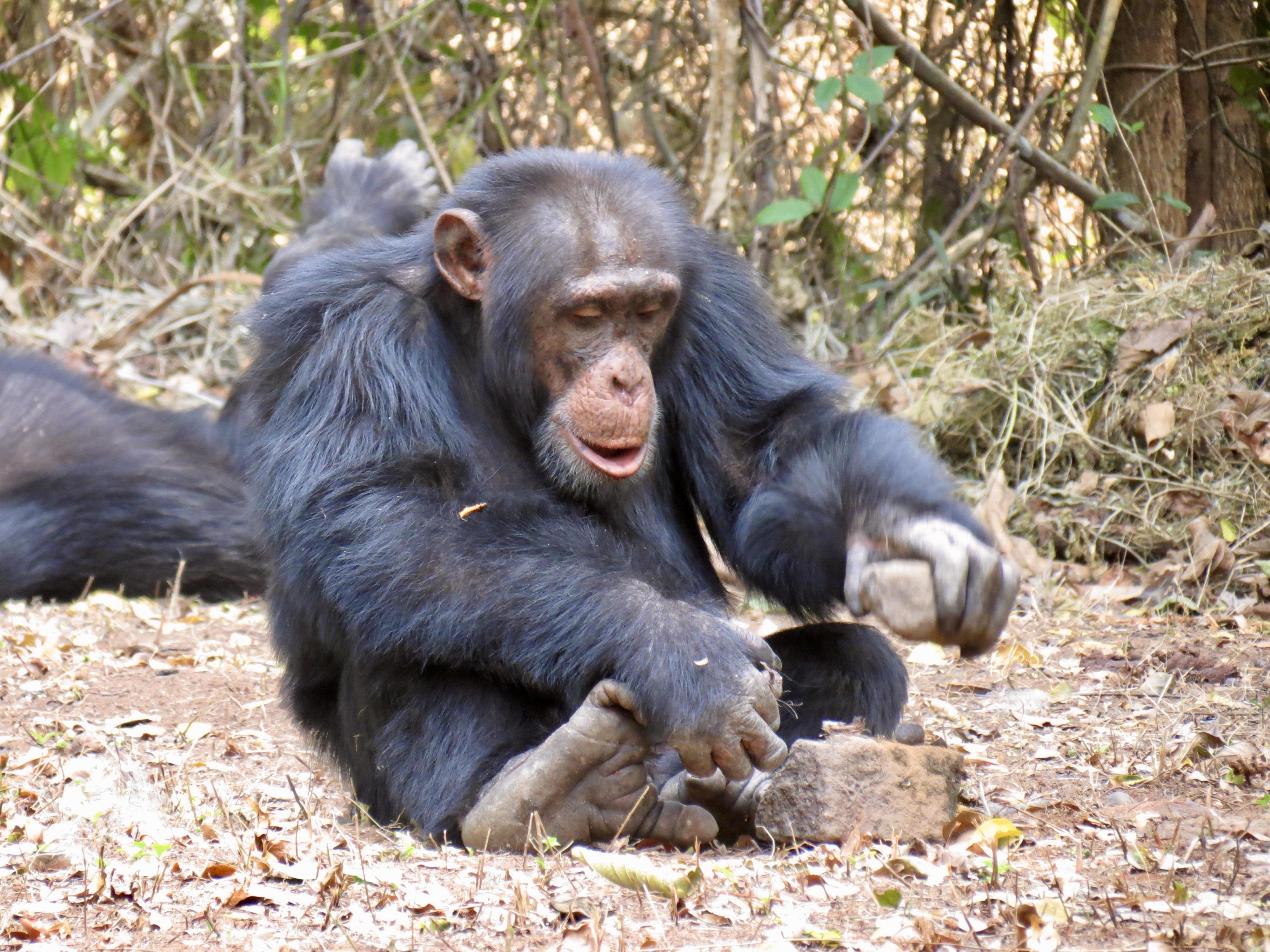Tool use may be socially learned in wild chimpanzees, research suggests
The findings indicate the culture of the animals may be more similar to humans’ than often assumed.

Your support helps us to tell the story
From reproductive rights to climate change to Big Tech, The Independent is on the ground when the story is developing. Whether it's investigating the financials of Elon Musk's pro-Trump PAC or producing our latest documentary, 'The A Word', which shines a light on the American women fighting for reproductive rights, we know how important it is to parse out the facts from the messaging.
At such a critical moment in US history, we need reporters on the ground. Your donation allows us to keep sending journalists to speak to both sides of the story.
The Independent is trusted by Americans across the entire political spectrum. And unlike many other quality news outlets, we choose not to lock Americans out of our reporting and analysis with paywalls. We believe quality journalism should be available to everyone, paid for by those who can afford it.
Your support makes all the difference.Chimpanzees do not automatically know how to crack nuts with stone tools, but instead learn this behaviour from others, new research suggests.
The findings indicate the culture of the animals may be more similar to humans than often assumed.
Humans learn to use tools and other skills from watching each other, and through this form of social learning, human culture has become increasingly complex
It has been suggested that while chimpanzees do not learn in this way, they can reinvent cultural behaviours individually.
Our findings on wild chimpanzees, our closest living relatives, help to shed light on what it is (and isn’t) that makes human culture unique
University of Zurich professor in the department of anthropology, Kathelijne Koops, conducted experiments in the Nimba Mountains of Guinea to show this may not be the case.
The animals were given the same tools that some nearby chimpanzee communities use to crack nuts, as well as nuts.
The researchers found that while the chimpanzees were interested in the tools at first, they did not use them to crack nuts, and gradually lost interest over several months.
However, a separate chimpanzee community only six kilometres away in Bossou, Guinea, did use tools to crack nuts.
Dr Koops said: “Our findings suggest that chimpanzees acquire cultural behaviours more like humans and do not simply invent a complex tool use behavior like nut cracking on their own.
“Our findings on wild chimpanzees, our closest living relatives, help to shed light on what it is (and isn’t) that makes human culture unique.
“Specifically, they suggest greater continuity between chimpanzee and human cultural evolution than is normally assumed and that the human capacity for cumulative culture may have a shared evolutionary origin with chimpanzees.”
The findings are published in Nature Human Behaviour.